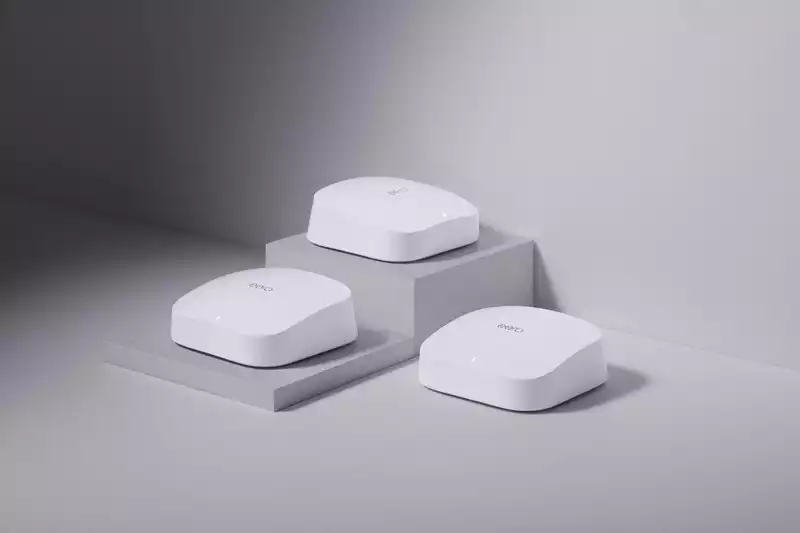Some people may be excited about setting up a new wireless network in their home For others, getting a router and home Internet access is an unnecessarily complicated task that they wish they could do only once Unfortunately, it is difficult to set up perfectly, and the layout of your home and the location of your devices can greatly affect the usability of your Wi-Fi If your Wi-Fi is spotty, there are two There are two common solutions
From a basic perspective, mesh networks and Wi-Fi extenders (or repeaters) solve the same problem in a similar way: they take Wi-Fi and allow it to cover a larger area of the home However, the two technologies accomplish this goal in different ways, and which is the better option for you depends on what your needs are and what your budget is
Briefly, Wi-Fi extenders are typically inexpensive but poorly performing solutions, while mesh networks are expensive but robust Many mesh solutions also support advanced security features such as parental controls and Eero's Secure+ Let's dig deeper into what each actually does and under what circumstances it makes more sense to choose one over the other
A Wi-Fi extender or repeater does exactly what its name suggests They connect to an existing Wi-Fi network and repeat its signal to cover a wider area However, this is a somewhat inconvenient solution with its own drawbacks
Wi-Fi extenders typically appear as their own independent wireless network to your device Therefore, if you move from room to room with your phone connected to Wi-Fi, it may take some time for your phone to disconnect from the main router and switch back to the Wi-Fi extender's connection Worse yet, if the connection to the main router is not disconnected, the device may not disconnect from the weak connection to the router, even if a stronger connection is available This means that the connection must be switched manually
Nevertheless, for devices that do not move around much, such as printers or desktop computers, you can simply connect to the Wi-Fi extender's signal and not worry about whether it will automatically switch to the device that provides the strongest signal
Given how Wi-Fi extenders work, Wi-Fi extenders are a fairly simple solution for reaching Wi-Fi in a corner or room of the home where the signal is usually weak or unavailable They are also a more ideal solution for a small number of devices that require limited bandwidth
In a sense, a mesh network acts like a Wi-Fi extender There is still a primary wireless router It is the one that connects to the modem Then one or more network devices, called nodes, are added that connect to the primary router The difference is that the node does not broadcast a new network ID Instead, the main router and all mesh network nodes create a single seamless network
How does this work in practice? For example, if you have a long, vertical house with three nodes spaced from front to back, you can walk from one end of the house to the other and still stay connected to the network without having to tell your cell phone or tablet to switch which access point it is connected to In general, all mesh network nodes are interconnected with each other via high-speed connections, resulting in powerful performance anywhere in the house
All of this makes mesh networking a viable option for homes with large areas to cover and many devices with demanding requirements for network connectivity
The first thing to do before deciding to add hardware or replace existing hardware is to make sure you are following current home network best practices and that your router is properly placed If that does not resolve the connectivity issue, it may be best to make changes
If you are on a tight budget, there are plenty of affordable Wi-Fi extenders on the market; for $25 to $50, you will find many devices that can help extend your home's Wi-Fi coverage a bit Just make sure that most devices can connect to your router so that the extender does not become the main access point to your network
If you have money to spare, a large area to cover, and many devices that need wireless connectivity, use a mesh network Mesh networks are robust and generally easy to set up (so you can forget about the expense of professional installation) You can also gradually expand the network as needed; there are many devices made specifically for mesh networks, such as the eero Pro 6, as well as many traditional routers that can be configured to link to a mesh network










Comments